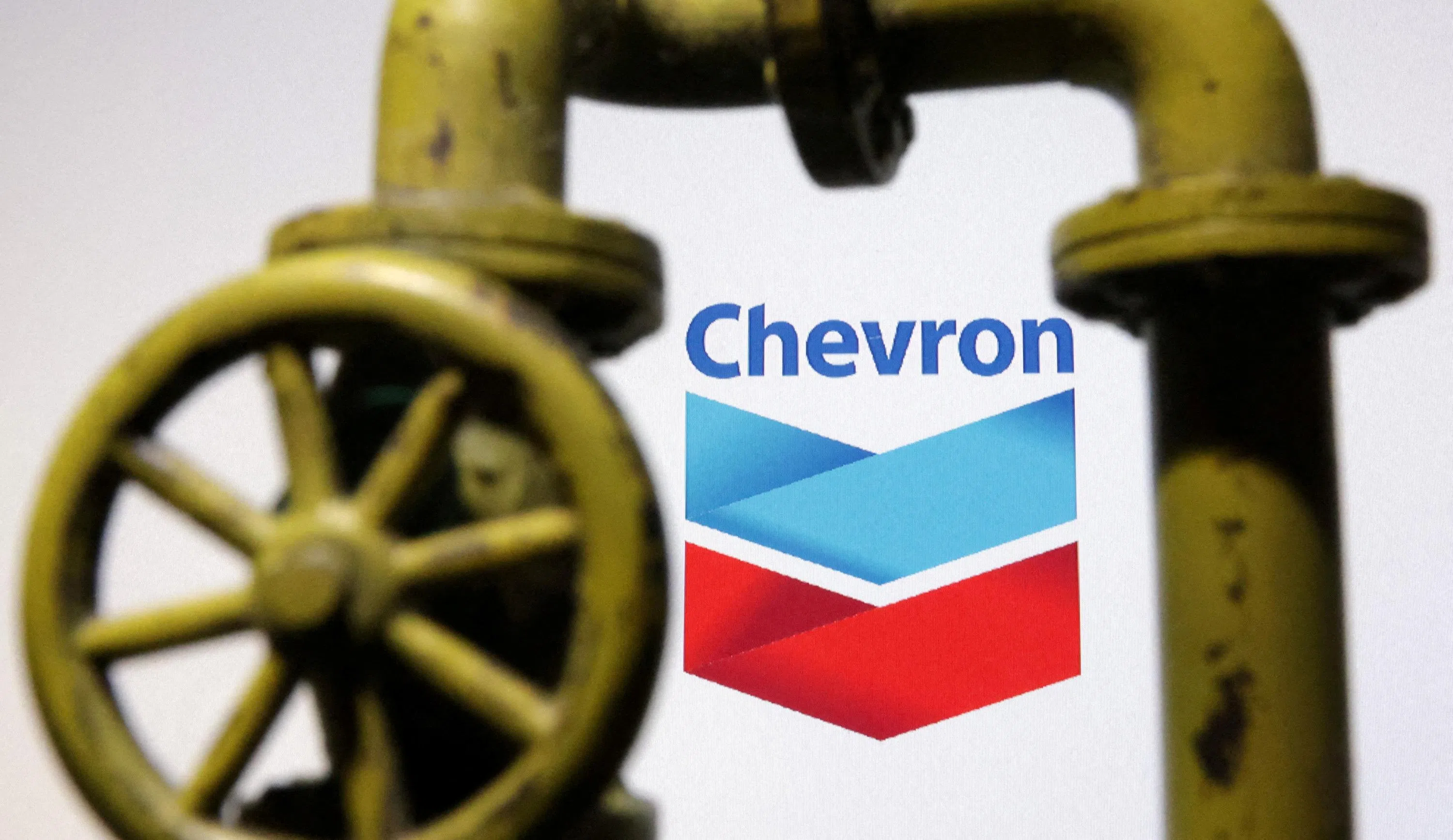Trump axes Chevron‘s Venezuela oil license, citing lack of electoral reforms
US PRESIDENT Donald Trump on Wednesday said he was reversing a license given to Chevron to operate in Venezuela by his predecessor Joe Biden more than two years ago, accusing President Nicolas Maduro of not making progress on electoral reforms and migrant returns.
In a post on Truth Social, Trump said he was “reversing the concessions” of the “oil transaction agreement, dated November 26, 2022.”
Trump did not name Chevron in his comments, but Washington granted Chevron a license to operate in Venezuela’s oil sector on Nov 26, 2022. It was the only license that the administration issued for Venezuela that day.
“The US government has made a damaging and inexplicable decision by announcing sanctions against the US company Chevron,” Venezuelan Vice-President Delcy Rodriguez said in a statement posted on Telegram.
Her statement added that “these kinds of failed decisions” had prompted migration out of Venezuela.
Chevron said it was aware of the announcement and considering its implications.
BT in your inbox
Start and end each day with the latest news stories and analyses delivered straight to your inbox.
The White House and the US State Department did not immediately respond to requests for further detail.
Since his return to office in January, Trump has repeatedly said the US does not need Venezuelan oil and left open the possibility of revoking Chevron‘s operating license for the country.
During his first term, Trump pursued a “maximum pressure” sanctions policy against Maduro’s government, especially targeting Venezuela’s energy business.
After initially easing sanctions to encourage fair and democratic elections, Biden in April reinstated broad oil sanctions, saying Maduro failed to keep his electoral promises. But Biden had left the Chevron license intact, along with US authorisations granted to several other foreign oil companies.
Tax and royalty payments resulting from Chevron‘s license have provided a steady source of revenue to Maduro’s administration since early 2023, a source familiar with Venezuela’s oil industry said. The money has lifted Venezuela’s economy, especially its oil and banking sectors, which expanded last year.
Venezuela’s oil output in 2024 expanded to some 900,000 barrels per day (bpd) and exports rose 10.5 per cent to around 772,000 bpd, mainly fueled by the US licenses.
Electoral conditions ‘not been met’
In early February, Trump said that Caracas had agreed to receive all Venezuelan migrants in the United States illegally and provide for their transportation back.
That came a day after US envoy Richard Grenell met with Maduro in Caracas and brought six US detainees back. Maduro was inaugurated for a third term in January following a disputed election last year.
Trump said in Wednesday’s post that Maduro had not met “electoral conditions” and that he was not transporting Venezuelans back to the United States at a pace that had been agreed to.
The oil concession agreement would be terminated as of the March 1 option to renew, he added.
It was not immediately clear what would happen with cargoes of Venezuelan crude currently navigating to US ports or about to depart from Venezuela through the end of the month.
Maduro and his government have always rejected sanctions by the United States and others, saying they are illegitimate measures that amount to an “economic war” designed to cripple Venezuela.
Maduro and his allies have cheered what they say is the country’s resilience despite the measures, though they have historically blamed some economic hardships and shortages on sanctions.
When the license was first issued, Chevron was owed about US$3 billion by Venezuela. According to the company’s debt recovery plan, explained by sources, by the end of 2024 it should have recouped some US$1.7 billion as oil output approached an average of 200,000 barrels per day as expected.
Chevron‘s automatically renewing license allowed it to expand crude output at joint ventures with state oil company PDVSA and send some 240,000 bpd to its own refineries and other customers. REUTERS

